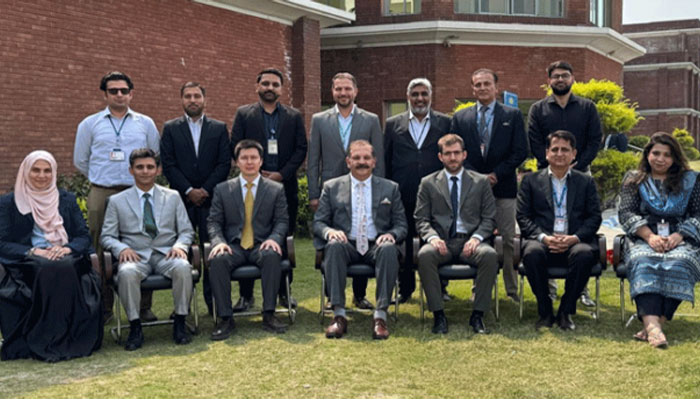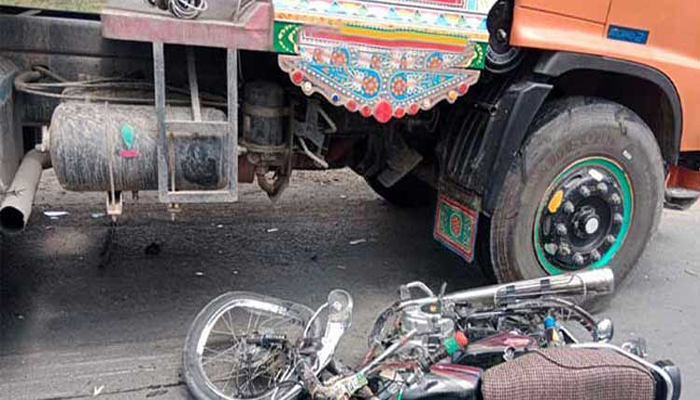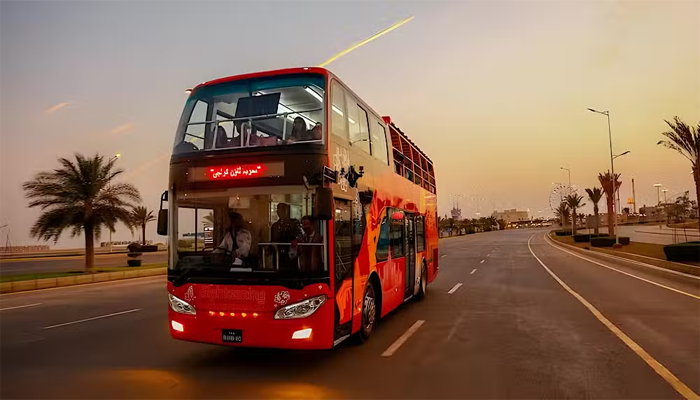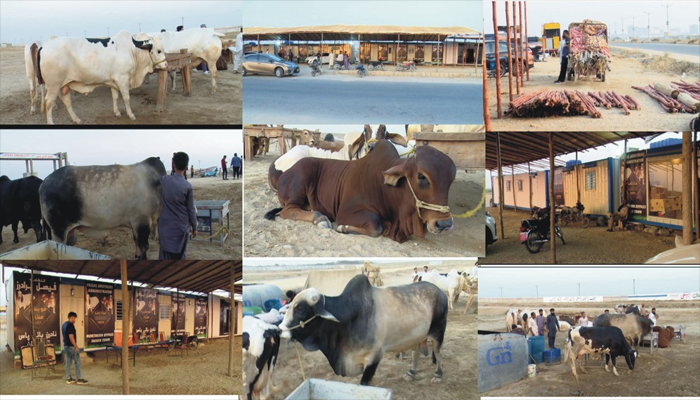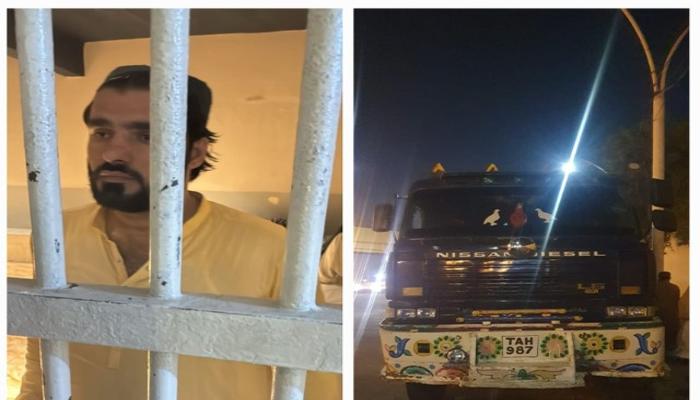KARACHI: A historic first has taken place with the arrival of a delegation from the European Civil Aviation team in Pakistan, under the directive of the European Union. This specialized team has initiated an important training program aimed at equipping Pakistan Civil Aviation Authority (CAA) regulators with skills in line with European standards.
The two-member delegation has commenced a focused training session for CAA regulators, specifically in the areas of Explosive Trace Detection (ETD) and Explosive Detection Dogs (EDD). This training is designed to ensure that Pakistan’s civil aviation security measures are aligned with international practices, particularly those of the European Union, which maintains some of the world’s strictest aviation security standards.
A spokesperson for the CAA stated that the training program’s goal is to provide Pakistan’s national regulators and inspectors with modern expertise that meets European Union requirements. The specialized training will cover both theoretical and practical aspects of aviation security, which are crucial for enhancing the effectiveness of security operations at Pakistan's airports.
Upon successful completion of the program at Islamabad Airport, the European experts are expected to certify the CAA’s civil aviation security regulators. This certification will further bolster Pakistan’s reputation in adhering to international aviation security norms and improve the country’s compliance with EU aviation regulations.
The initiative is seen as a significant step forward in enhancing Pakistan’s aviation security framework. The CAA spokesperson credited Director General Civil Aviation, Nadir Shafi Dar, for his commitment and efforts in securing this historic visit from the European delegation, which is expected to raise the competency level of Pakistan’s aviation security personnel.
This is not the first international collaboration aimed at improving Pakistan’s aviation standards. Last year, six CAA regulatory inspectors completed a world-class training program in the UK, sponsored by the British Government. This initiative, led by DGCAA Nadir Shafi Dar, was conducted in partnership with the British Department for Transport (DFT).
During the UK training, the inspectors received specialized education in areas including regulatory oversight, airport security, cargo handling, airline operations, and various airport management protocols. The program was hands-on, with training taking place at several UK airports. The British DFT, under the leadership of the Director of Aviation Security, provided the CAA inspectors with valuable insights into advanced regulatory systems and operational practices that are implemented in the UK.
Nadir Shafi Dar, who has been instrumental in pushing for such international training programs, emphasized that the ultimate aim of these efforts is to equip CAA inspectors with the knowledge and skills necessary to meet international aviation standards. He believes that this will further strengthen Pakistan’s aviation sector and ensure that the country remains in line with global safety and security regulations.
This collaboration with European and UK experts is a part of Pakistan's ongoing efforts to modernize and improve its aviation sector, which is crucial for the safety of air travel in the region.

